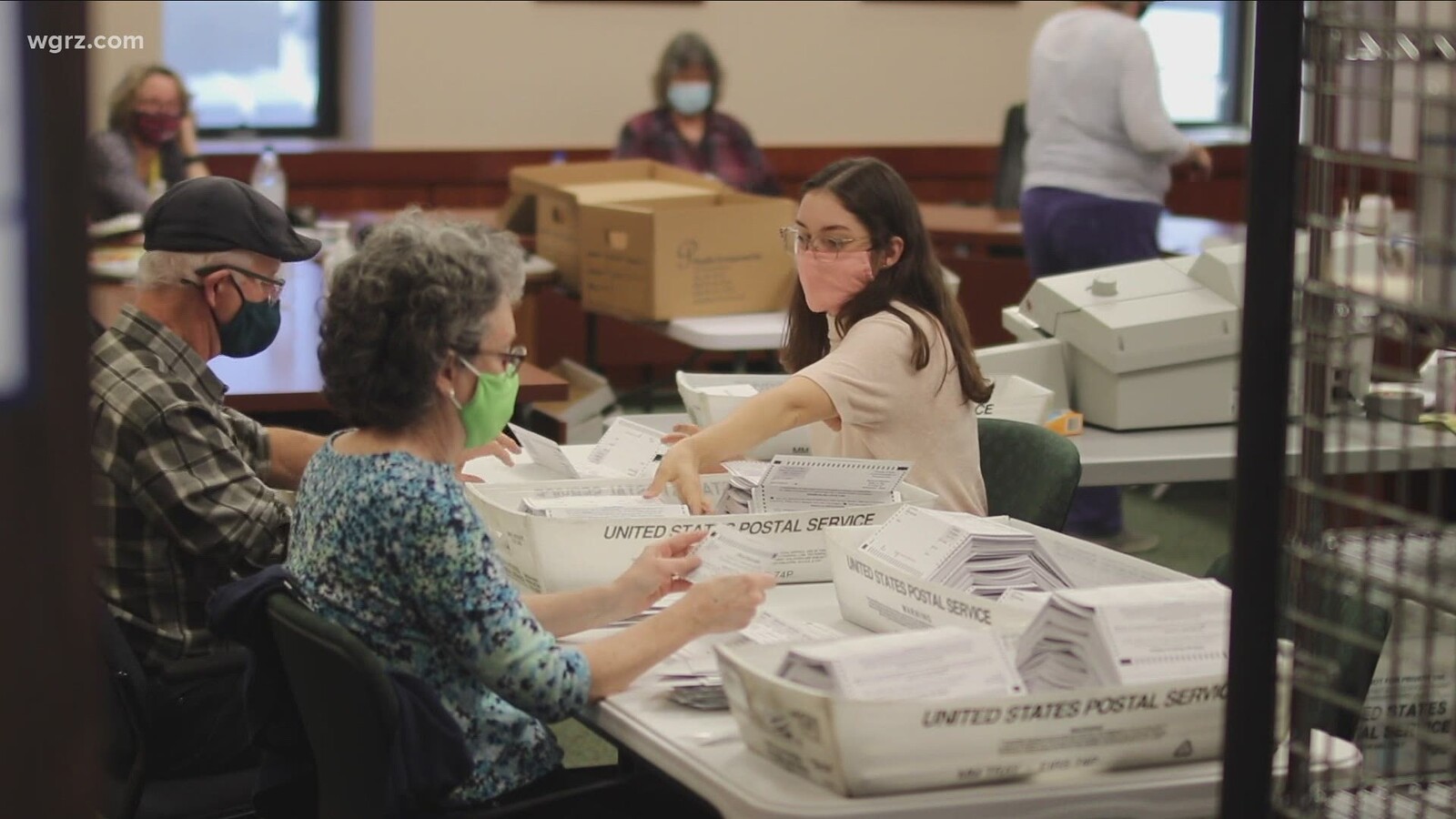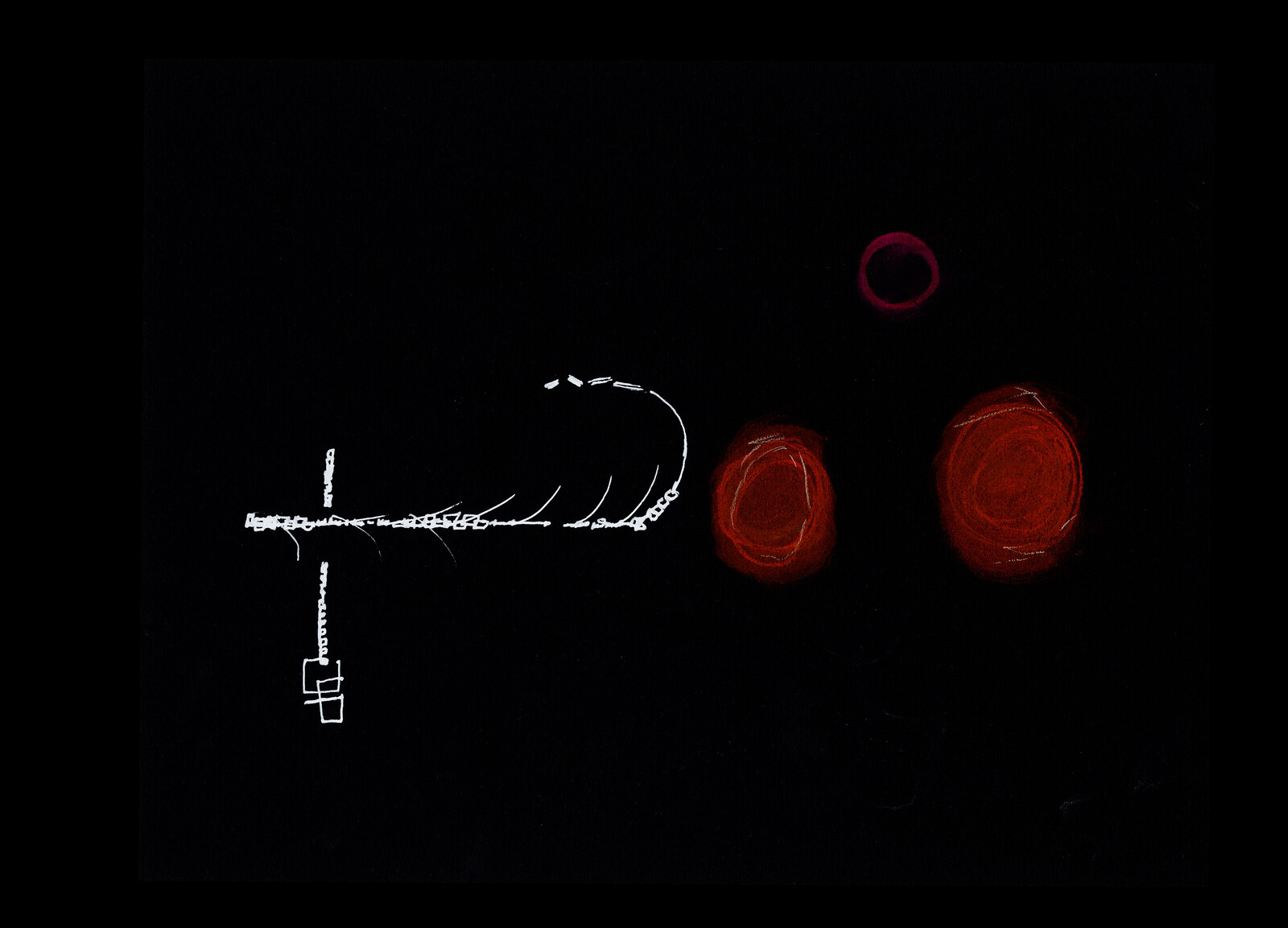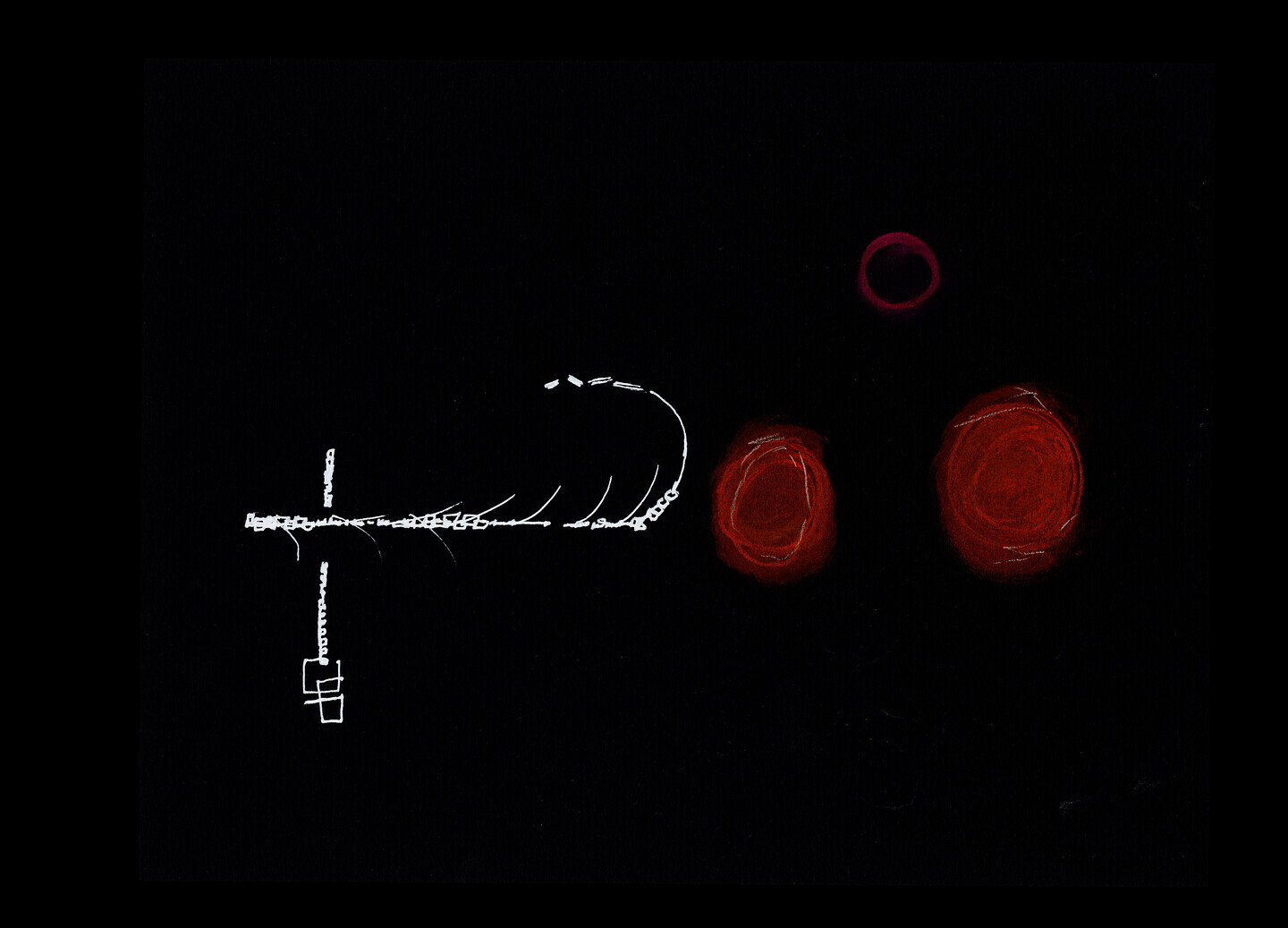Renee Gladman Read Bio Collapse
Renee Gladman has published twelve works of prose and poetry, most recently Plans for Sentences (Wave Books, 2022) and a brief detective novel Morelia, and two books of drawings, Prose Architectures (Wave Books, 2017) and One Long Black Sentence (Image Text Ithaca press, 2020). Recipient of numerous awards and fellowships, she makes her home in southern New England with poet-ceremonialist and herbalist Danielle Vogel.
It was easy to turn around and see their stillness; it was impossible to catch them in motion. We were all expected to be in motion because that was how time moved and how success was measured: you were getting on an airplane, you were walking the streets of a city, you were meeting people in a bar, signing your name to things, you were racing through the night with your care and your use, presenting yourself to others, to another, everybody reading each other’s quick views—this is how I work, this is what I do—then walking off together. There was a lot of movement inside of something not moving. Inside the body waiting for the world was something radiant and silent.
The day after I submitted my portfolio of afterwords, introduction included, George Floyd was murdered by a police officer in Minneapolis, Minnesota, United States of America. We were in the year two thousand and twenty. Time split and the two timelines we were now living shook violently. We were living a pandemic and a global uprising at the same time. It was hard to say what you were saying because every new day brought an incalculable change to your world and to your language. You didn’t know Norway would get involved. You couldn’t have imagined the Minneapolis city council would actually vote to dismantle its police department. You went to sleep and when you woke more people had gathered, more change had happened. One day all of Instagram was a flow of vivid black empty tiles, an act that took up more space than it made. White people began pulling from their shelves crusty books written by black authors and saying, “Read this” or “Follow this person.” Everyone who was anyone was saying, “Black Lives Matter,” but inadvertently were saying, “Some black lives matter,” which was all anyone ever said anyway.
Nicholas Heskes
Murat Adash



















